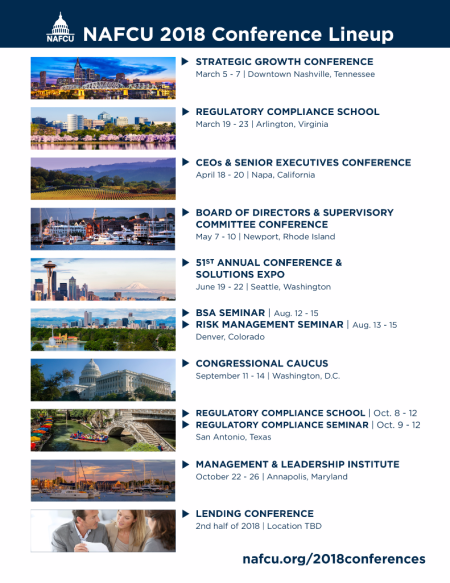Our versus Your
Written by Anthony Demangone
I read a wonderful "Q and A" interview in the NYT recently. It hit on two important themes.
The Times interviewed Kenneth Ziegler of Logicworks. He discussed the power of "our" compared to "Their" or "your."Â
ThereâÂÂs a big mistake that IâÂÂve seen some people make. They come in from the outside, talking about their 100-day plan to interview every employee and then come up with their grand strategy.
The one thing that I found consistently painful was they would keep talking about their old company: âÂÂAt this company, we did this, we did that.â It was never about what we have. It was about what we didnâÂÂt have, and why we were unlike another company. People just get sick of that.
ItâÂÂs natural to gravitate to things that worked in the past. But just remove the âÂÂAt my old company⦠.â Phrase it as a question: âÂÂHave we thought about this?â Then people get jazzed about it because now itâÂÂs our idea, not your old companyâÂÂs idea. (Emphasis added.)
It reminds me of a saying. I'll have to paraphrase it.Â
If you come up with an idea or a solution, you have to bring people to you. If you do it with other people, they are already there. People are inspired by ownership.
It is the power of "our." That is much more powerful than "your."Â
And if you are like me, you likely are interviewing job candidates from time to time. Ziegler had some great advice there.
How do you hire?
ItâÂÂs critical to say, âÂÂWhat are our criteria for our strike zone, to make us an .850 hitter, not a .400 hitter?â We look for people who have an affinity for technology, who have a sense of humor, whose ego is in check and who have a low sense of entitlement.
Sometimes we see candidates that make you think, âÂÂWow, this personâÂÂs amazing!â But then we go back to our strike zone, and maybe we donâÂÂt hire them. Otherwise, youâÂÂre setting them up for failure.
How do you get a sense of those qualities in an interview?
When they talk about their previous company, you listen for whether they are blaming circumstances, like their manager or the strategy. Nothing is ever their fault.
You can also learn a lot by asking them about something they could have done better. Ideally, theyâÂÂre not blaming everybody else for the failure. ItâÂÂs the same with successes. Do they talk about themselves, or do they say they were part of a great team?
I just listen for their language choices and whether they are giving or taking credit. Are they placing blame or taking it?
Read the entire article, it is certainly worth it.Â
***
Here are a few items of note:
- NAFCU has a few conferences remaining on their 2017 docket:
- Nearly all of our 2018 events are open for registration.Â
- Does your credit union have a CUSO looking to expand? Do you work with a fantastic third-party-vendor? Then they should be in the 2018 NAFCU Vendor Directory.Â

